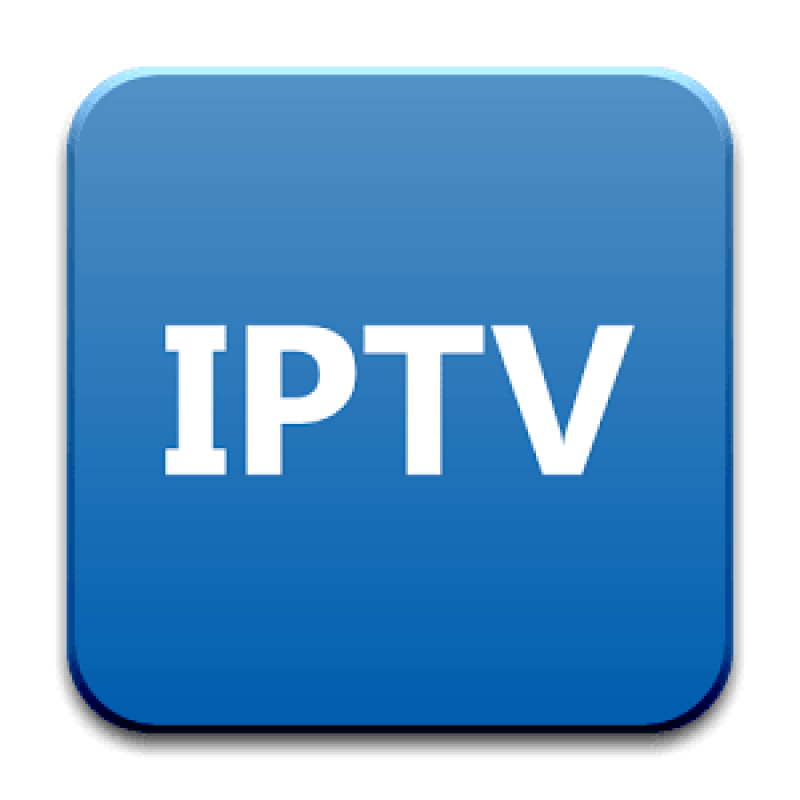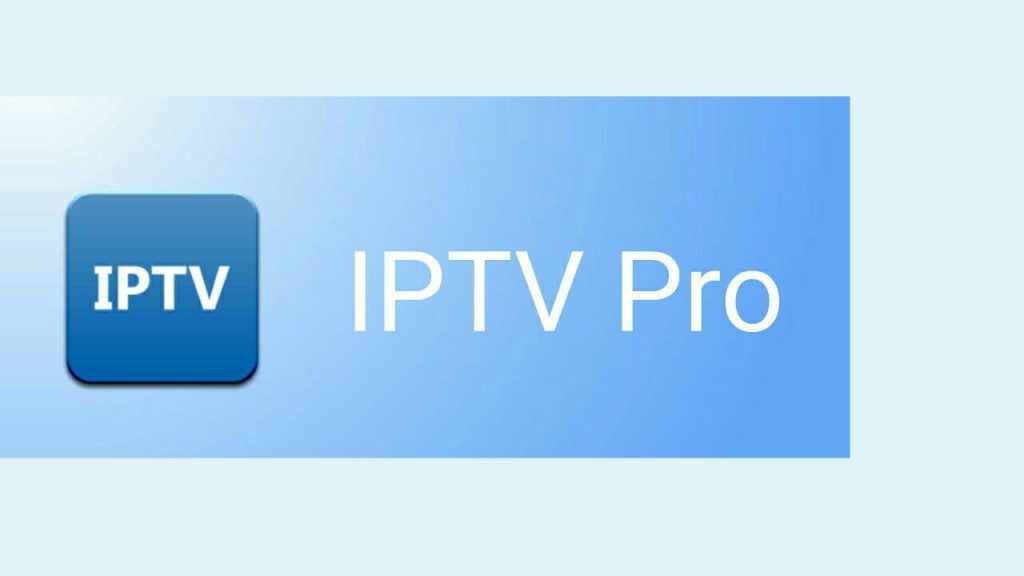Introduction to IPTV Lag Fix
IPTV Lag and Buffering Issues Overview
Many users have reported experiencing significant buffering and lagging issues while using IPTV Lag Fix services to watch live television. The problem seems to persist regardless of the channel being watched or the time of day. This consistent interruption in viewing pleasure has left many frustrated and seeking solutions to address the problem.
Causes of IPTV Lag Fix and Buffering
One of the primary reasons for the buffering and lagging problems experienced by IPTV users is insufficient internet speed. If the internet connection is not robust enough to support the streaming of high-quality content, interruptions in the form of buffering are likely to occur. Additionally, network congestion, particularly during peak usage hours, can further exacerbate these issues. Other potential causes include server overload, outdated equipment, and insufficient bandwidth allocation.
Check Your Internet Connection
Testing Your Internet Speed
To ensure smooth IPTV streaming, users must first test their internet speed. This can be done through various online tools and websites that provide accurate speed readings. By conducting a speed test, users can determine if their current internet connection meets the required speed for IPTV streaming. A recommended speed for uninterrupted streaming is at least 25 Mbps for HD content and 5 Mbps for SD content.
Improving Your Internet Connection for IPTV
After testing their internet speed, users can take steps to improve their connection for a better IPTV Lag Fix experience. Some ways to enhance internet speed include:
– Upgrading to a higher-speed internet plan offered by their service provider.
– Connecting devices directly to the router using Ethernet cables instead of relying on Wi-Fi connections.
– Optimizing router placement to ensure better coverage and signal strength.
– Monitoring and limiting other devices on the network that may consume bandwidth.
Implementing these improvements can significantly reduce buffering and freezing issues while streaming IPTV content.
Optimize Your Router Settings
Adjusting Router Channels
When optimizing your router settings to enhance IPTV streaming, consider adjusting the channels to reduce interference from neighboring networks. By choosing a less congested channel, you can improve the overall performance and stability of your Wi-Fi connection for smoother IPTV Lag Fix playback.
Upgrading Router Firmware for Better Performance
Maintaining updated router firmware is essential for ensuring optimal performance and security. Upgrading your router’s firmware to the latest version can potentially resolve compatibility issues, enhance network stability, and introduce new features that may benefit your IPTV streaming experience.
Check Your Internet Connection
Testing Your Internet Speed
To ensure smooth IPTV streaming, users should conduct an internet speed test. Online tools can provide accurate readings, indicating if the current connection speed meets the requirements for uninterrupted IPTV streaming. An ideal speed for HD content is at least 25 Mbps, while 5 Mbps is sufficient for SD content.
Improving Your Internet Connection for IPTV
After testing the internet speed, users can take steps to enhance their connection for better IPTV performance. Consider upgrading to a higher-speed plan, using Ethernet cables for direct connections, optimizing router placement, and monitoring other devices consuming bandwidth. These adjustments can significantly reduce buffering and freezing during IPTV streaming.
Update Your Device and Apps
Keeping IPTV Apps and Devices Updated
Users must prioritize keeping their devices’ operating systems and IPTV streaming apps up to date. Regular updates often include bug fixes, performance enhancements, and security patches that can improve the overall streaming experience. By ensuring that both the device and the apps are running the latest software versions, users can minimize the risk of encountering buffering and freezing issues during IPTV playback.
Popular posts
- IPTV in the US: A Closer Look at the Cutting-Edge Technology
- How to become an IPTV provider US: Start your Business
- IPTV in the USA: The Ultimate Game-Changer for Television
- StaticIPTV Reviews: The Real Deal | StaticIPTV.us
- Best IPTV Service Providers in the USA
- Exploring the Benefits of Static IPTV: A Comprehensive Overview
- IPTV Subscription in the USA : Unlock Your TV | StaticIPTV.us
Ensuring Compatibility for Smooth Viewing Experience
Another crucial aspect of preventing IPTV buffering is ensuring compatibility between the streaming service, devices, and internet connection. Users should check the system requirements of their IPTV apps and make sure that their devices meet the recommended specifications. Incompatibility issues can lead to playback issues, so verifying that all components are compatible can help maintain a smooth viewing experience.
Check Your Internet Connection
Testing Your Internet Speed
To guarantee uninterrupted IPTV streaming, users need to assess their internet speed. Various online tools and websites can provide accurate speed readings for this purpose. By conducting a speed test, users can ascertain whether their current internet connection meets the necessary speed requirements for smooth IPTV streaming. It is advisable to have a speed of at least 25 Mbps for HD content and 5 Mbps for SD content to ensure optimal streaming experience.
Improving Your Internet Connection for IPTV
Upon determining their internet speed, users can take measures to enhance their connection and optimize their IPTV experience. Some strategies to boost internet speed include upgrading to a higher-speed plan provided by their service provider, using Ethernet cables to directly connect devices to the router, adjusting the router placement for better coverage, and managing the bandwidth usage of other devices on the network. By implementing these improvements, users can effectively minimize buffering and freezing problems while streaming IPTV Lag Fix content.
Utilize Ethernet Connection
Benefits of Using Ethernet for IPTV
Connecting your streaming device directly to the router using an Ethernet cable offers a more stable and reliable internet connection compared to Wi-Fi. This direct wired connection can significantly reduce latency and buffering issues, providing a smoother streaming experience for IPTV content.
Setting Up Ethernet Connection for Lag-Free Streaming
To establish an Ethernet connection for your streaming device, simply connect one end of the Ethernet cable to the Ethernet port on your device and the other end to an available port on your router. By bypassing the potential interferences and signal fluctuations associated with wireless connections, users can enjoy uninterrupted IPTV streaming without the disruptions caused by buffering or freezing.
Update Your Device and Apps
Keeping IPTV Apps and Devices Updated
Users should make it a priority to keep their devices’ operating systems and IPTV streaming apps up to date. Regular updates typically include bug fixes, performance enhancements, and security patches that can improve the overall streaming experience. By ensuring that both the device and the apps are running the latest software versions, users can minimize the risk of encountering buffering and freezing issues during IPTV playback.
Ensuring Compatibility for Smooth Viewing Experience
Another essential aspect of preventing IPTV buffering is ensuring compatibility between the streaming service, devices, and internet connection. Users must verify that their devices meet the recommended specifications of their IPTV apps to prevent playback issues. By confirming compatibility and meeting system requirements, users can maintain a smooth viewing experience without interruptions.
Check Your Internet Connection
Testing Your Internet Speed
To ensure uninterrupted IPTV streaming, users need to assess their internet speed. Conducting a speed test using online tools can provide accurate readings to determine if the current internet connection meets the necessary requirements for smooth IPTV streaming. For optimal performance, it is advisable to have a minimum speed of 25 Mbps for HD content and 5 Mbps for SD content.
Improving Your Internet Connection for IPTV
After evaluating their internet speed, users can take steps to enhance their connection for an optimized IPTV experience. Strategies such as upgrading to a higher-speed plan, using Ethernet cables for direct connections, adjusting router placement, and managing bandwidth usage can help minimize buffering and freezing problems while streaming IPTV content, ensuring a seamless viewing experience.
Quality of Service (QoS) Configuration
Understanding QoS for IPTV Streaming
When it comes to IPTV streaming, Quality of Service (QoS) plays a vital role in ensuring a seamless viewing experience. QoS is a network management feature that prioritizes specific types of traffic, such as IPTV, over others. By giving priority to IPTV traffic, QoS helps in minimizing buffering interruptions and ensuring a consistent streaming quality.
Configuring QoS Settings for Buffer-Free Viewing
Enabling Quality of Service (QoS) settings on your router or network equipment can significantly improve your IPTV streaming experience. By prioritizing IPTV traffic through QoS settings, you can ensure that your streaming sessions receive sufficient bandwidth, reducing the chances of buffering. Check your router’s settings to see if QoS is available and configure it to prioritize IPTV traffic over other activities on your network.
Update Your Device and Apps
Keeping IPTV Apps and Devices Updated
Users are advised to maintain their devices’ operating systems and IPTV streaming apps up to date. Regular updates often include bug fixes, performance enhancements, and security patches that can enhance the overall streaming experience. By ensuring that both the device and apps are running the latest software versions, users can minimize the risk of encountering buffering and freezing issues during IPTV playback.
Ensuring Compatibility for Smooth Viewing Experience
To prevent IPTV buffering, it is crucial to ensure compatibility between the streaming service, devices, and internet connection. Users should verify that their devices meet the recommended specifications of their IPTV apps to avoid playback issues due to incompatibility. Checking the system requirements and ensuring compatibility can contribute to a smooth and uninterrupted viewing experience.
Check Your Internet Connection
Testing Your Internet Speed
A key factor in uninterrupted IPTV streaming is assessing your internet speed. Utilize online tools to conduct speed tests and determine if your current internet connection meets the required speed for smooth IPTV streaming. It is advisable to have a speed of at least 25 Mbps for HD content and 5 Mbps for SD content to ensure an optimal viewing experience.
Improving Your Internet Connection for IPTV
Once you have determined your internet speed, consider ways to enhance your connection for optimal IPTV streaming. Strategies such as upgrading to a higher-speed internet plan, using Ethernet cables for direct device connections, adjusting router placement for better coverage, and managing bandwidth usage can help in minimizing buffering and freezing problems. By implementing these improvements, users can enjoy a seamless IPTV viewing experience.
Reduce Network Traffic
Managing Network Traffic for IPTV
Quality of Service (QoS) configuration is essential for optimizing IPTV streaming. QoS prioritizes IPTV traffic over other network activities, reducing buffering interruptions and ensuring a smooth viewing experience.
Tips to Minimize Network Congestion for Better Streaming
1. Avoid simultaneous downloads and uploads to prevent bandwidth consumption that can lead to buffering issues.
Update Your Device and Apps
Keeping IPTV Apps and Devices Updated
Regular updates for devices and IPTV streaming apps are crucial for bug fixes, performance enhancements, and security patches. Up-to-date software versions help in minimizing buffering and freezing during playback.
Ensuring Compatibility for Smooth Viewing Experience
Check that your devices meet the recommended specifications of IPTV apps to avoid playback issues. Verify system requirements for compatibility and uninterrupted viewing.
Check Your Internet Connection
Testing Your Internet Speed
Conduct speed tests online to ensure your internet connection meets the required speed for IPTV streaming. Aim for at least 25 Mbps for HD content and 5 Mbps for SD content.
Improving Your Internet Connection for IPTV
Enhance your connection for optimal IPTV streaming by upgrading to a higher-speed internet plan, using Ethernet cables, adjusting router placement, and managing bandwidth usage. These improvements will help in reducing buffering and freezing problems during IPTV playback.
Recent Posts
- Buy IPTV USA: Best IPTV Subscription Deals | StaticIPTV.us
- IPTV No Buffering: Best Lag-Free IPTV Providers | StaticIPTV.us
- IPTV Free Trial: Test the Best IPTV Services Now | StaticIPTV.us
- Best IPTV in USA: Top-Rated Streaming Options | StaticIPTV.us
- IPTV Service USA: Best IPTV Providers Compared | StaticIPTV.us
- Best IPTV Subscriptions for Live TV & On-Demand | StaticIPTV.us
- Top IPTV Provider: Best Streaming Services for 2025 | StaticIPTV.us
Use VPN for IPTV
Enhancing IPTV Streaming with a VPN
When considering ways to improve your IPTV streaming experience, utilizing a Virtual Private Network (VPN) can be a beneficial solution. A VPN encrypts your internet connection, providing an extra layer of security and privacy while also offering the ability to bypass geographical restrictions. By connecting to a VPN server, you can access IPTV content that may be restricted in your region, resulting in a more diverse entertainment selection.
Benefits of Using a VPN for Lag Fix and Improved Security
In addition to enhancing your viewing options, using a VPN for IPTV can assist in fixing lags and reducing buffering issues. By rerouting your internet traffic through a VPN server, you can potentially improve your connection speed and stability, resulting in smoother streaming sessions. Furthermore, a VPN helps in safeguarding your online activities from potential threats, ensuring a secure IPTV viewing experience.
Overall, incorporating a VPN into your IPTV streaming setup can offer improved performance, enhanced security, and access to a wider range of content, ultimately enhancing your overall viewing experience. Experimenting with different VPN providers and configurations can help you find the optimal solution that aligns with your streaming preferences and needs.
Conclusion
Implementing Expert Strategies for IPTV Lag Fix
The utilization of a Virtual Private Network (VPN) is a recommended strategy for addressing IPTV buffering issues. By integrating a VPN into the streaming setup, users can enhance their viewing experience by not only improving connection speeds but also ensuring data security. Through rerouting internet traffic and bypassing geographical restrictions, a VPN can effectively reduce lags and buffering interruptions, providing a smoother IPTV streaming session.
Enjoying Buffer-Free IPTV Viewing Experience
For individuals seeking an uninterrupted IPTV viewing experience, the adoption of VPN technology offers a solution to overcome buffering challenges. By encrypting internet connections and offering access to geo-restricted content, VPNs enable users to enjoy buffer-free streaming sessions. The added layer of security provided by VPNs further enhances the overall IPTV experience, ensuring a seamless and diverse range of entertainment options.
In conclusion, incorporating a VPN into the IPTV streaming setup can significantly improve performance, security, and content accessibility. With the ability to address lag issues and guarantee a buffer-free viewing experience, VPN technology proves to be an effective tool for enhancing IPTV streaming sessions. By exploring different VPN providers and configurations, users can tailor their setup to optimize their streaming preferences and requirements.


